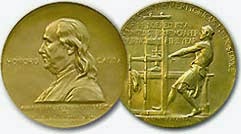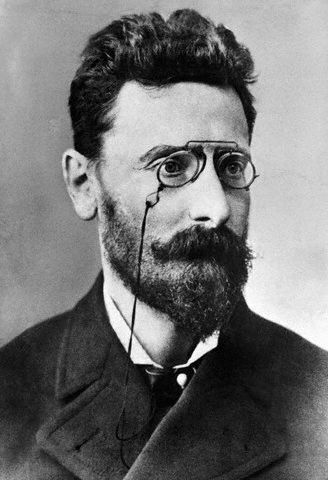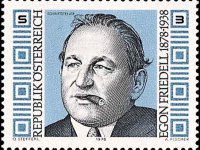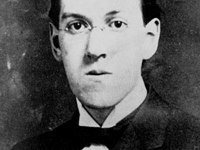
Pulitzer prize for public service gold medal
On June 4, 1917, the very first Pulitzer Prizes were awarded. The Pulitzer Prize is an award for achievements in newspaper and online journalism, literature, and musical composition in the United States. It was established in 1917 by provisions in the will of American (Hungarian-born) publisher Joseph Pulitzer, and is administered by Columbia University in New York City.
Joseph Pulitzer
When Pulitzer offered the Columbia University money in order to set up the world’s first school of journalism in 1892, the president Seth Low refused it. A decade later the university finally agreed to found a school and establish journalism prizes, but Pulitzer’s dream was only fulfilled after his death. He left the institution $2,000,000 and the Columbia University Graduate School of Journalism. Five years later, Columbia organized the awards of the first Pulitzer Prizes in journalism after Pulitzer’s will. He specified “four awards in journalism, four in letters and drama, one in education, and four traveling scholarships”.

Joseph Pulitzer (1847 – 1911)
The First Pulitzer Prize
In 1917, the winners of the Pulitzer Prize were selected by the Columbia University trustees. The winning award was given to French Ambassador Jean Jules Jusserand, who wrote the best book about American history. Herbert Bayard Swope won a $1000 prize for reporting. Swope produced a series of articles entitled “Inside the German Empire”. The articles formed the basis for a book released in 1917 entitled Inside the German Empire: In the Third Year of the War, which he wrote with the American lawyer and diplomat James W. Gerard. In the category biographies and autobiographies, the prize was awarded to Laura Richards and Maud Elliott for their work Julia Ward Howe, the famous American abolitionist, social activist, poet, and author. The New-York Tribune won the prize for the best editorial writing on the first anniversary of the sinking of the Lusitania.
Over the years, more categories for the Pulitzer Prize were established and others were renamed because the common terminology changed, or the award has become obsolete, such as the prizes for telegraphic reporting, which was based on the old technology of the telegram. Every year, 102 judges are selected, by the Pulitzer Prize Board, to serve on 20 separate juries for the (currently) 21 award categories. However, the board can also decide to issue no award at all in a specific category.
Controversies
The Pulitzer Prize also faced its controversies. In 1941, as e.g., the Advisory Board elected to overrule the jury and recommended For Whom the Bell Tolls by Ernest Hemingway. However, Columbia University president Nicholas Murray Butler implored the committee to reconsider, citing the potential association between the University and the novel’s frank sexual content; instead, no award was given. Twelve years later, Hemingway was awarded the 1953 Fiction Prize for The Old Man and the Sea.[5]
James McGrath Morris, Pulitzer: A Life in Politics, Print and Power, [7]
References and Further Reading:
- [1] Pulitzer Prize Website
- [2] Study on Female Pulitzer Prize Winners
- [3] Pulitzer Prize at Harvard
- [4] The World’s most important Scientific Journal – Nature, SciHi Blog
- [5] The Last Safari – The Phenomenon Ernest Hemingway, SciHi Blog
- [6] The Pulitzer Prize at Wikidata
- [7] James McGrath Morris, Pulitzer: A Life in Politics, Print and Power, Library of Congress @ youtube
- [8] “The Pulitzer prizes – Answers to frequently asked questions”. Pulitzer.org.
- [9] Pfaff, Daniel (1991). Joseph Pulitzer II and The Post-Dispatch: A Newspaperman’s Life. Penn State University Press.
- [10] Timeline of winners of the Pulitzer Prize for Fiction, via Wikidata





